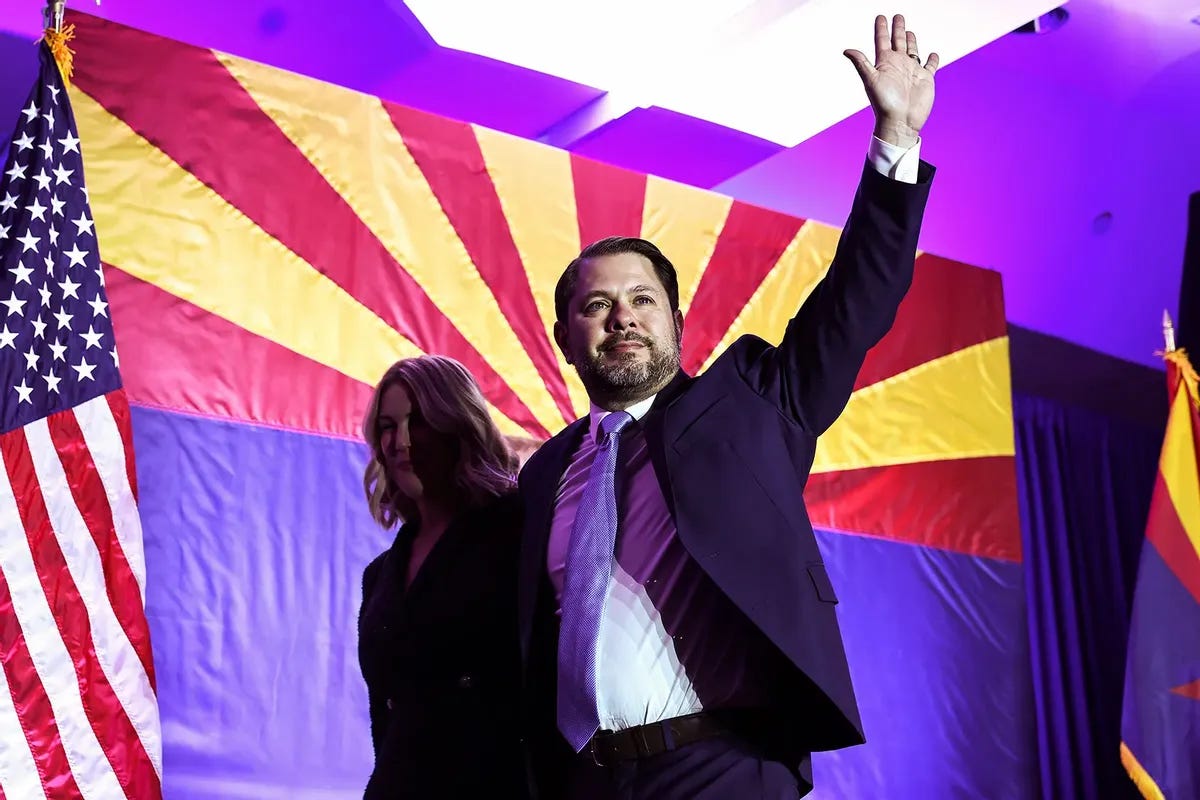Why progressive activist language turns off most people
Most minorities themselves reject the jargon
Over the last decade, progressive activism has developed its own vocabulary, with terms like “Latinx,” “BIPOC,” “decolonize,” and “LGBTQIA+.” Common terms have been replaced with clunky alternatives like “justice-involved person” instead of prisoner, “individuals experiencing houselessness” instead of homeless, “person who menstrates” instead of biological woman, and “previously incarcerated individuals” instead of ex-convicts. It has also attempted to impose counterintuitive, esoteric, and ideologically self-serving definitions on common terms like “racism,” “white supremacy,” and “violence.”
These changes are made with good intentions. However, for most people, including most members of the very communities these words are supposed to empower, this kind of language feels more alienating than inclusive. It comes across as elitist, confusing, and often coercive.
A central problem with activist language is that it doesn’t reflect how most people speak. Surveys consistently show, for example, that most Latinos prefer “Hispanic” and “Latino/Latina” over “Latinx,” a term that originated in academia and activist circles. Similarly, most black Americans do not identify with “BIPOC,” a catch-all acronym that lumps together vastly different non-white racial and cultural groups. National polling has shown that the large majority of every racial and ethnic group dislikes so-called “woke” or politically correct language and culture.
These terms rarely come from grassroots communities. Instead, they’re usually created in universities, progressive nonprofit organizations, and activist social media. They can feel imposed from the top down, a dialect spoken by a cultural elite, not everyday people.
When Words Become Required
Of course, many communities develop their own specialized language or jargon. The problem isn’t that new terms exist. It’s how they’re considered and enforced.
Activist language is often treated not just as preferred terminology, but as required. Stray from the approved list and you risk being called ignorant, insensitive, and even bigoted. This creates a climate where language becomes a litmus test for moral virtue.
The result is performative speech, more about signaling one’s political allegiance and cultural eliteness than creating real understanding and dialogue. For many, it feels like a trap, where the rules are constantly shifting and dissent isn’t allowed.
This kind of rigid enforcement isn’t just socially off-putting. It functions as a form of political and ideological control.
When certain words are deemed mandatory and others are off-limits, language becomes a way of enforcing a narrow worldview. Disagreeing with the language, or even questioning it, can lead to public shaming and exclusion from activist circles. Over time, this creates a climate of conformity, not inclusion.
In this way, activist language stops being a tool for communication and starts becoming a gatekeeping mechanism. To be considered a “good person,” you don’t just have to agree with certain principles, you have to express them using an exact, often unfamiliar, vocabulary. This can feel more like indoctrination than dialogue, and it alienates not only conservatives, but also moderates, independents, and even many liberals.
How It Hurts the Democrats
This linguistic rigidity has had real political consequences, particularly for the Democratic Party. Many strategists and candidates have warned that activist language is turning off key voters, including in swing districts, and working-class and many minority communities. In these areas, terms like “Latinx,” “birthing people,” and “defund the police” don’t sound progressive; they sound out of touch.
Prominent Democrats have begun pushing back. Former President Obama warned about “snappy slogans” that alienate more than persuade. Longtime Democratic strategist James Carville has said bluntly, “Wokeness is a problem. We have to speak the language of the people.”
Ruben Gallego, a Latino Democratic United States Senator from Arizona, put it even more plainly in an interview with The Washington Post: “Some words are just too Ivy League-tested.” He criticized phrases like “social equity” and said, “Why don’t we just say, ‘We want you to have an even chance’?” He dismissed the term Latinx as “stupid,” pointing out that hardly any Latinos use it.
Polling confirms what many on the ground already know: language shapes how policies are received. When political messaging sounds like a humanities department graduate seminar, many voters tune out or vote for the other side.
References
Americans Strongly Dislike PC Culture (The Atlantic)
Democratic troubles revive debate over left-wing buzzwords (Washington Post)
When the “Violence” Isn't Violent (Persuasion)
.




Edwin Newman termed this phenomenon “language pollution” in the 1970s. The leftists of that day were just as caught up in this foolishness as the current crop. The best concealment for fundamentally stupid, destructive ideas is a dog’s breakfast of polysyllabic, pseudoscientific, made-up jargon. Trustworthy operators who want to convince the public accept the fact that their ideas will be compared to competing claims. Conveying their ideas clearly through words actually found in the dictionary shows respect, honesty, and honorable intentions to the public. So-called “activist language” shows the opposite and earns suspicion from normal people. It registers as cheap manipulation.
This has become the Democrats "brand", and people won't listen to your ideas if you've turned them off and driven them away with your brand.
My wife's family would seriously reconsider her choice if I ever used Latinex with them.